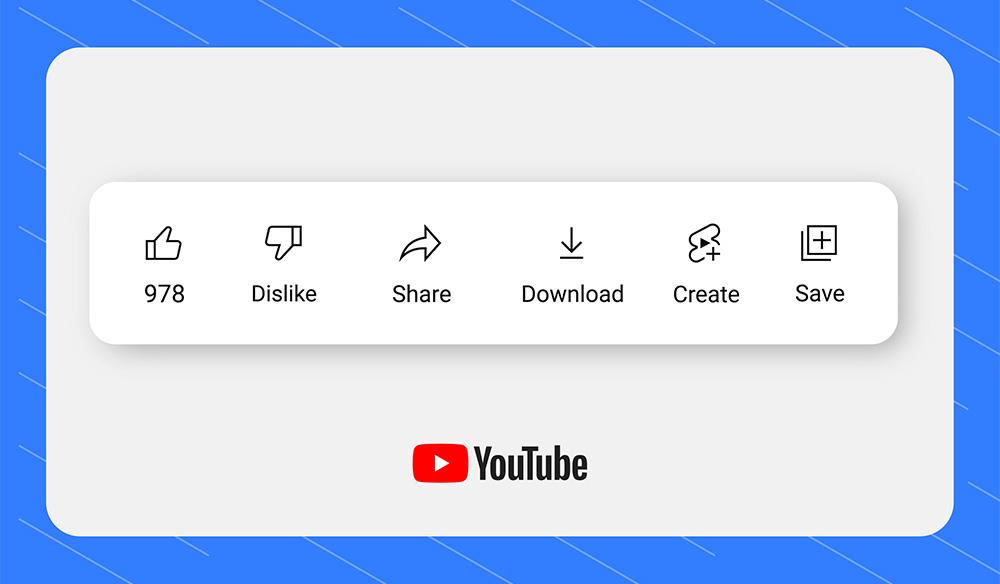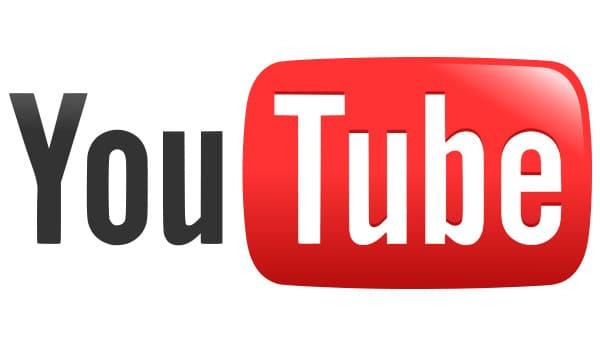YouTube’s dislike button—once a staple for voicing discontent—is now a bit of a ghost in the digital world. Remember scrolling through comments, clicking that thumbs-down icon during a particularly cringe-worthy moment in a video? Well, that opportunity to express your disdain has been snatched away. Fans, creators, and casual viewers alike have been scratching their heads, wondering what led to this change. Was it all just a ploy to boost positivity? Or is there more to the story that we’re not being told? Let’s dive into the nitty-gritty of why those dislike counts vanished and what it really means for users, creators, and the platform itself. Grab your popcorn; it’s time to untangle this digital mystery!
The Mysterious Vanishing Act of Dislike Counts

The recent disappearance of dislike counts on YouTube has left many scratching their heads in confusion. The move, aimed at creating a healthier online environment, might feel like a baffling magic trick. Instead of just a simple thumbs down, the platform has shifted gears to reveal a bigger picture of community well-being. It’s not all smoke and mirrors, though! Here are a few key reasons behind this peculiar decision:
- Promoting Positive Engagement: With dislike counts gone, the focus is on encouraging a more constructive dialogue in the comment sections.
- Reducing Harassment: By concealing the dislike counts, creators are less exposed to targeted bullying or trolling based on their content.
- Encouraging Diverse Interactions: This change nudges viewers to engage differently—possibly even sparking more thoughtful discussions.
Interestingly, the actual option to dislike remains available, just hidden from public view. It’s like keeping the ingredients of your favorite recipe a secret; while it may be a bit frustrating for some, you still get to enjoy the delicious outcome. If you think about it, this shift could redefine how we measure content quality. Instead of the numbers, viewers can focus on the narratives and ideas presented. Here’s a quick look at the perceived pros and cons:
| Pros | Cons |
|---|---|
| Fosters a kinder community | May hinder honest feedback |
| Encourages deeper conversations | Creators miss out on direct audience reactions |
Unpacking YouTubes Vision: A User Experience Play

YouTube’s recent move to swipe away the dislike count has stirred up quite a buzz, but let’s face it; this decision was more about user experience than we might initially think. By hiding those disapproving numbers, YouTube aims to foster a more positive atmosphere on the platform, making it less intimidating for newcomers. Imagine a playground where every kid’s choice is scrutinized; it could deter some from even joining in the fun. By minimizing the visible negativity, YouTube hopes to keep content creators motivated and encourage viewers to explore diverse videos without the fear of public disapproval. Do likes really express what we mean? It’s a bit like walking into a restaurant with a ton of bad Yelp reviews; some may feel disheartened before tasting the food.
This shift helps reshape the viewing dynamics too. With dislikes hidden, the focus returns to the content itself rather than just the numbers flashing on the screen. It’s like putting your headphones on to enjoy your favorite tune without worrying about someone else’s playlist. In this new environment, creators can focus on engaging their audience without the constant worry that a dip in the dislike count could derail their creativity. The idea behind this strategy isn’t just to create a feel-good space; it’s about elevating the content value and viewer interaction. So, what does the absence of dislike counts really signify for us? A chance to appreciate what we love without being drawn into the drama of backlash.
The Impact on Creators and Viewers: What You Need to Know

With the removal of dislike counts, creators are navigating uncharted waters. On one hand, this decision aims to foster a more positive atmosphere; on the other, it throws a wrench into how feedback is traditionally gauged. In the past, those little thumbs-down icons provided instant insights into what content resonated or flopped. Now, creators must rely on comments, views, and engagement rates, which can feel like trying to read the wind direction by staring at the water. It’s all a bit murky, right? Here’s what the change means:
- Feedback Shift: Creators might feel more unsure about their content’s reception without instant feedback.
- Creative Freedom: Some may embrace this, creating bolder, more experimental content without fear of backlash.
- Viewer Relationships: A potential increase in constructive criticism could build stronger bonds between viewers and creators.
For viewers, this change also flips the script. While the dislike button provided a straightforward way to express disagreement or disappointment, it often led to a kind of “mob mentality.” Now, the focus shifts to encouraging conversation rather than driving divisiveness. The community dynamic might evolve, allowing for deeper discussions about content rather than simply counting thumbs. Consider this new environment:
| Content Aspect | Old System | New System |
|---|---|---|
| Feedback | Instant and quantitative | Qualitative discussions |
| Engagement | Likes vs. Dislikes | Comments and shares |
| Creator Confidence | Variable and uncertain | Potentially positive growth |
Navigating the Change: Tips for Engaging with Content Differently

Engaging with content on platforms like YouTube has always been a bit of a roller coaster. With the dislike count disappearing, many creators and viewers are scratching their heads and wondering what’s next. To adapt to this shift, the key lies in focusing on the value of the content itself rather than just the numbers. Imagine a world where the thumbs down doesn’t overshadow the art behind the creation. To keep your experience buzzing, here are some ways to navigate this change:
- Prioritize Engagement: Look for channels where comments flourish with conversation. This is where true interaction happens!
- Shift Your Focus: Instead of fixating on the dislike numbers, delve into the comments and understand what resonates with audiences.
- Explore Analytics: Creators: use the new metrics to refine your content strategy based on viewer retention and watch time.
On the viewer side, consider how you can interact more meaningfully. How about sharing your thoughts directly in the comments? This helps creators learn and grow. But, let’s not forget about the importance of community. The absence of dislike counts doesn’t have to drain the fun from your viewing experience. Just like a hearty stew, a little seasoning of feedback can enhance the flavor! Here’s how to spice things up:
| Action | Benefit |
|---|---|
| Leave Constructive Comments | Promotes creator growth and better content. |
| Join Discussions | Gets you insights and builds friendships. |
| Share Content | Helps good creators gain visibility. |
Insights and Conclusions
And there you have it, folks! The disappearance of YouTube’s dislike counts might feel a bit like watching the last episode of your favorite show and realizing there won’t be a sequel. It’s a change that’s stirred quite the pot in the online world, leaving many of us scratching our heads—and maybe even raising an eyebrow or two.
But think about it: what if this shift paves the way for a kinder, more constructive space for creators and viewers alike? Sure, the numbers were a handy way to gauge quality, but perhaps we’re all secretly hoping for a more supportive community where feedback is about growth, not just a quick thumbs-down.
So, while we bid adieu to visible dislike counts, let’s keep the conversation going. Will this shift improve our digital playground, or will it leave us longing for those good old metrics? Grab your popcorn, because this is one plot twist that’ll be fun to watch unfold. Keep those channels active, stay curious, and remember: every like, comment, and share counts in shaping the content we love!

